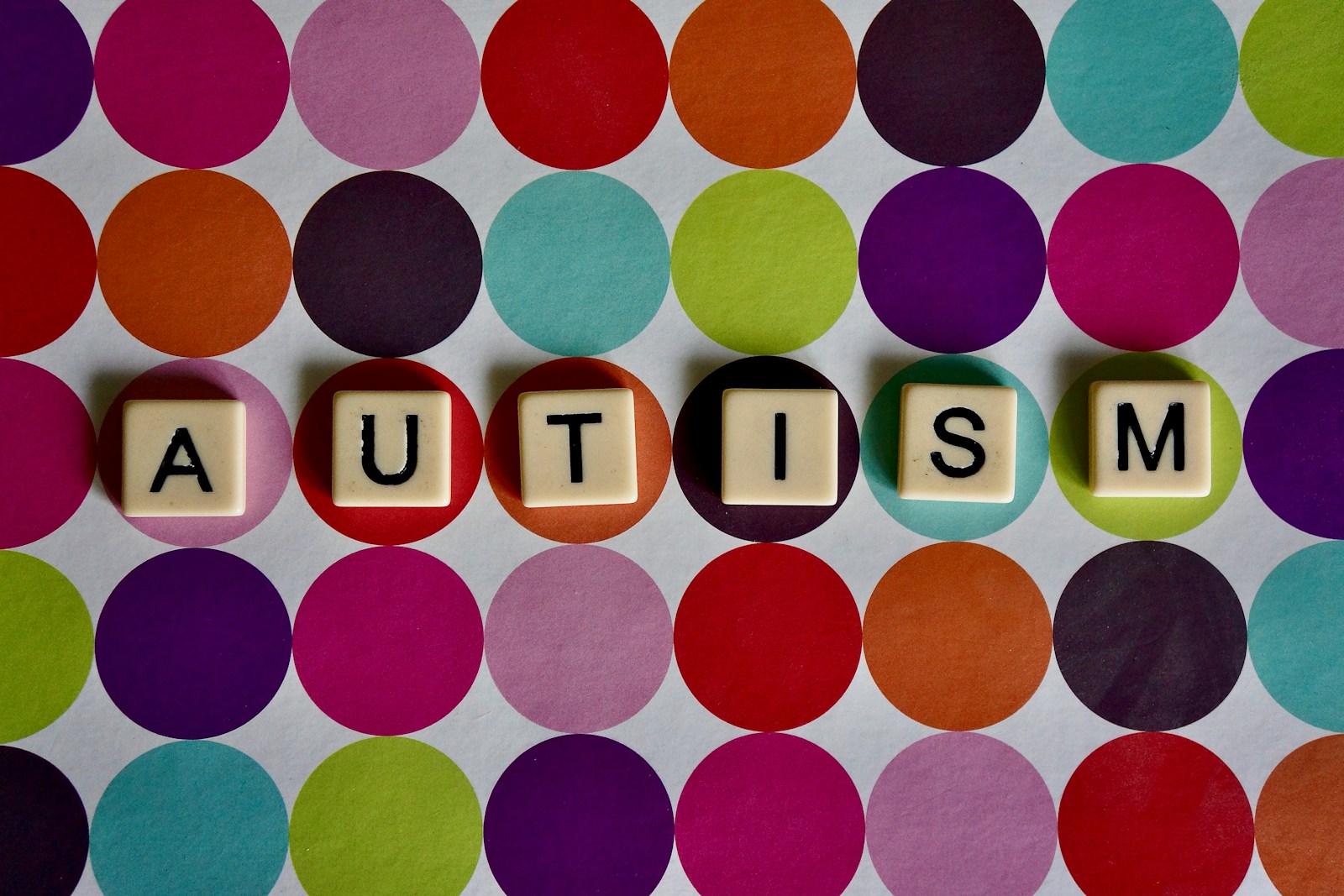
Where is medical marijuana for autism?
According to the data, about one in 36 children in the United States has been diagnosed with autism. About 1% of the world's population, or 75 million people, suffer from autism spectrum disorder. One in 100 children worldwide are diagnosed with autism spectrum disorder. Autism spectrum disorder (ASD) is a neurodevelopmental disorder characterized by persistent deficits in social communication and social interaction, associated with the presence of restricted and repetitive patterns of behavior, interests, or activity. The most effective interventions available are behavioral therapies based on applied behavior analysis (ABA). But where is medical marijuana for autism?
RELATED: Science explains how marijuana inspires awe
Rachel Scanlon and Steve Sawyer are a couple who have an autistic daughter, whom we refer to as “K.” At two years old, K. was diagnosed with autism, at five years old she showed signs of aggression towards others, and at seven years old she showed signs of aggression towards herself. They discovered CannaKids and wee, consulted a doctor who recommended starting with the lowest possible dose of marijuana and watching for side effects. She began to behave better and became more talkative, compliant and calm. Unfortunately, an anonymous tip led to a social worker being called in and trouble ensued. Now it will be heard in district court and the law will decide whether medical marijuana can help young people with autism.
Photo by Fernando @dearferdo on Unsplash
Some studies show that cannabis reduces the number and/or intensity of various symptoms, including hyperactivity, attacks of self-harm and anger, sleep problems, anxiety, restlessness, psychomotor agitation, irritability, aggressiveness, perseverance and depression. In addition, they noted improvements in cognition, sensory perception, attention, social interaction and language. The most common side effects were sleep disorders, restlessness, nervousness and changes in appetite.
RELATED: Obsessive-Compulsive Disorder and Cannabis Therapy: Recent Studies Show Progress
Medical cannabis is typically welcomed by the families of young treatment-resistant ASD patients, often due to evidence of CBD as a successful treatment for ASD-related symptoms and comorbidities (e.g. Dravet syndrome, Rett syndrome, Lennox-Gastaut syndrome ) etc a reasonably natural product, free from any side effects. Unfortunately, the lack of comprehensive research has not shown a clear path. The occurrence of adverse outcomes is unclear due to the wide range of compositions and dosages of cannabis-based medications in the studies. Unless marijuana falls under the FDA, which would ensure consistent manufacturing and dosing, it is still a challenge for patients.

Post a comment: